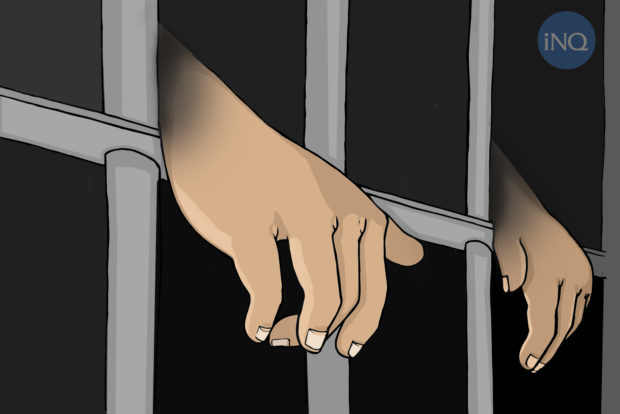
INQUIRER image
MANILA, Philippines — Anyone who forges the signature of the President of the Philippines or the government’s seal faces a penalty of 12 to 20 years of imprisonment, the Department of Justice (DOJ) warned on Wednesday.
DOJ Spokesperson Jose Dominic Clavano IV is referring to Article 161 of the Revised Penal Code (RPC) on counterfeiting the government’s seal and forging the signature or stamp of the President.
Under the law, violation of Article 161 of the RPC carries the penalty of reclusion temporal.
“Ibig sabihin po noon ay 12 to 20 years imprisonment [This means it carries with it imprisonment ranging from 12 to 20 years],” Clavano said during the Laging Handa Public Briefing.
Clavano said that a penalty of 12 to 20 years of imprisonment means that the law does not take such violations lightly.
Clavano’s statement came following the release of an appointment paper of an immigration official purportedly signed by the President. But the Office of the President, the Presidential Management Staff (PMS), and the Office of the Executive Secretary (OES) do not have a record of such an appointment.
After checking, Clavano said the document is non-existent.
“Delikado ho yung ganitong dokumento kasi it creates an atmosphere of confusion at dine-discredit yung reputasyon ng ating gobyerno [This document is dangerous because it creates an atmosphere of confusion and discredits the government],” Clavano said.
He said Justice Secretary Jesus Crispin Remulla and Interior and Local Government Secretary Benjamin Abalos had already ordered the Philippine National Police (PNP) and the National Bureau of Investigation (NBI) to conduct an investigation.
“The purpose of this investigation is supposedly to determine kung ano yung source natin, kung sino yung nasa likod, at ano yung intention nila kung bakit nila nilabas yung dokumento na ito [who is the source, who are behind this, and what was the intention in releasing the document],” he said.
RELATED STORY:
Palace: No record, document appointing new BI commissioner